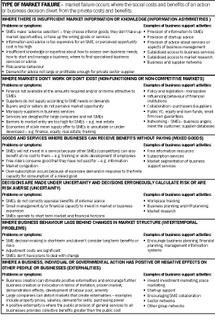Lessons from 35 years as a professional economist
As reported in the New Economist
Dr John Llewellyn, chief global economist at Lehman Brothers, has recently turned sixty. In the 7 August issue of The Observer he says this turning point led him to ask: "what, over the past 35 years as a professional economist, I have learnt that is of real use". Ten useful lessons for a sexagenarian is his answer. New Economist summarises his ten points below as:
1) Economic events - what economists call 'shocks' - seldom produce just one consequence. Usually the effects ripple on for years.
2) Good economic policies do not guarantee good economic performance; but bad economic policies inevitably result in bad performance.
3) It is structural, not demand-side, policies that most influence economic performance over the long term.
4) People respond powerfully to economic incentives.
5) Economic and social policies have to be considered as a whole.
6) Competition is one of the most powerful of forces that motivate the perpetual quest for more efficient ways of doing things.
7) History seldom, if ever, repeats itself precisely. Economies have the habit of producing new mixtures of circumstances that require new approaches.
8) Complicated economic policies whose rationale is hard to explain usually fail.
9) Some of the biggest, and most important, economic issues remain unresolved.
10) Just because professional economists don't always have a confident answer, it does not follow that all proffered solutions have equal validity. ...often the biggest contribution [they] ..can make is to demonstrate why the current fad or nostrum is wrong and will fail.
Its definitely worth reading the article and also the New Economist has an interesting summary of the latest evidence about migrant workers coming to the UK and the largely beneficial effects of this: In praise of foreign workers


